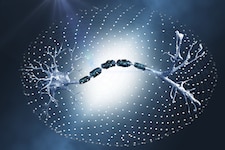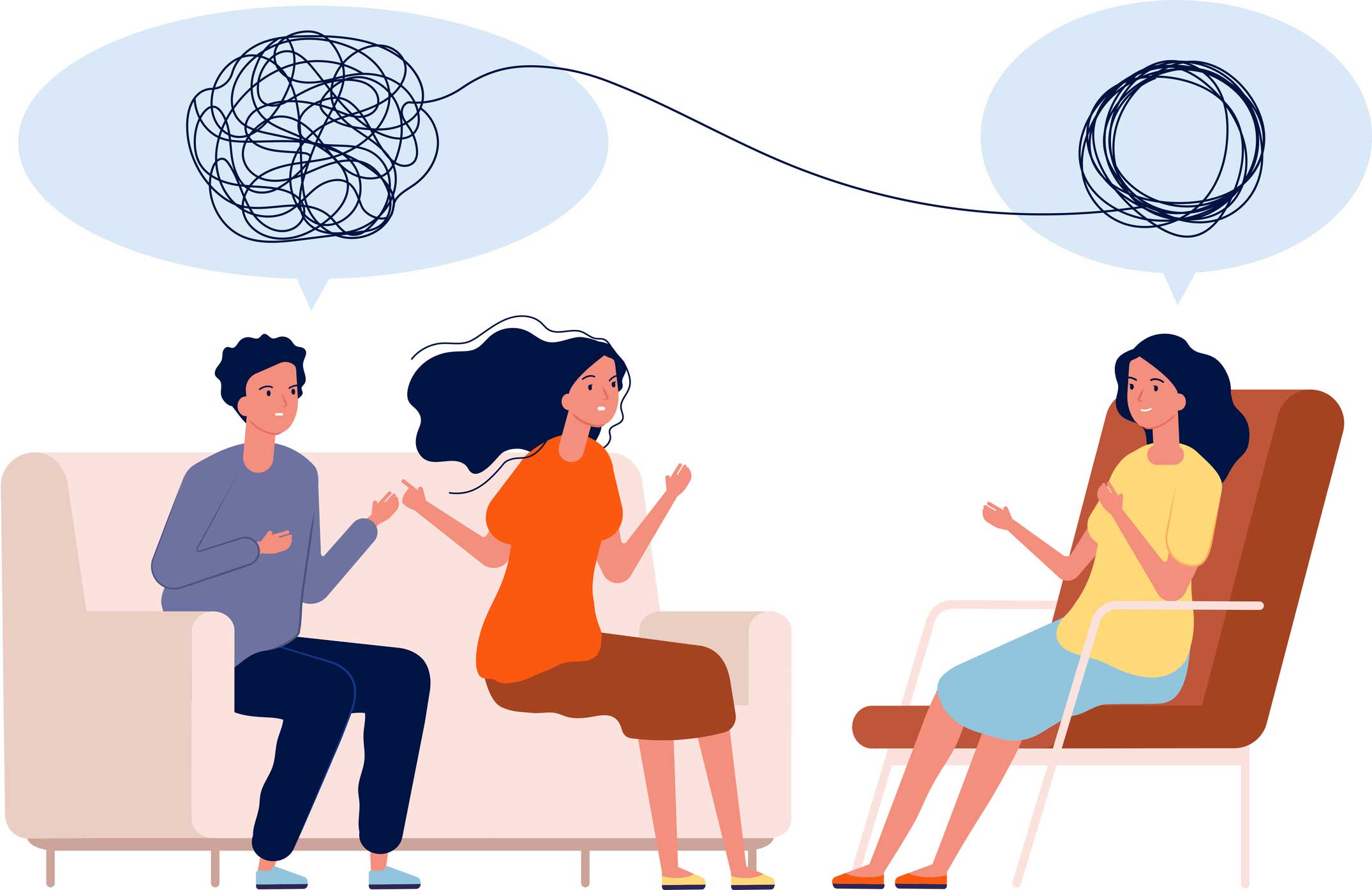In my online training program, I often invite guest experts to teach an extra class for my members. Recently Dr. Dan Siegel joined us. He packed an enormous amount into the time we all spent together.
Dr. Dan Siegel is never complacent. Instead, he is always pushing the field and taking really complex material and trying to make it memorable and easy to understand.
I asked him to update us on some perspectives on Interpersonal Neurobiology and Couples Therapy. Today I thought I’d share with you a summary of his key points.
Dan is especially interested in having one framework that brings together many scientific fields: anthropology, culture, sociology, linguistics, psychology, biology, neuroscience, chemistry, physics and math. He tries to find universal principles across the disciplines – and specifically to explain 3 legs of a triangle: the embodied brain, relationships and the mind.
Interpersonal neurobiology studies the triangle of an embodied brain on one point, relationships on another point and the mind on the third.
A major conclusion from the study of interpersonal neurobiology is that differentiation + linkage = integration and health. Health is integration. Blockages to integration, that means blockages to differentiation and/or linkage, lead to impairments in health.
How does all this help couples therapists?
To quote Dan, “When a couple are not honoring their differences and respecting each other's uniqueness but are trying to make each other be the same, differentiation isn’t honored. When linkage is not there, they are not having time to spend together, going for a walk together, holding hands. This compassionate, loving, affectionate connection is a linkage. When you don’t combine differentiation and linkage, you don’t get integration.”
And without these, the result is either chaos or rigidity.
Taking this one step further is a wonderful finding that relational integration cultivates neuronal integration, which then supports healthy self-regulation as well. This supports the work Pete and I have done for many years.
In a couple, relational integration takes place when the two partners honor their differences, learn to love each others’ imperfections and are able to support respectful communication.
As couples therapists we all know how crucial healthy self-regulation is when couples encounter their inevitable moments of difference!
So, when couples are able to move past their insecure attachment histories, learn to function with new patterns that support security, and honor their differences, their neural plasticity increases. Science seems to support this conclusion. For more information on Dan Siegel’s work visit his website.
If you are interested in joining my online couples therapy training, we will open registration again briefly in early January. You can click here for more information or to get on the waiting list now.


 We respect your privacy.
We respect your privacy.



